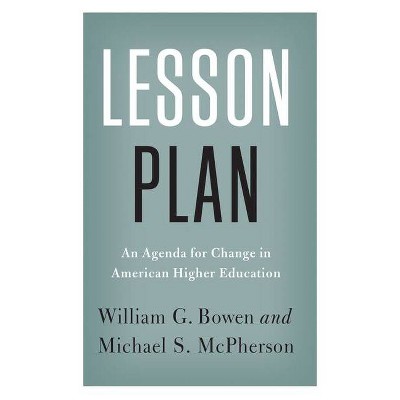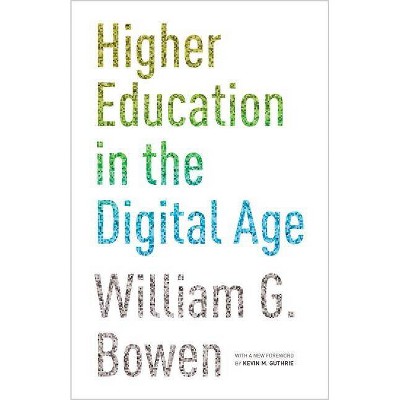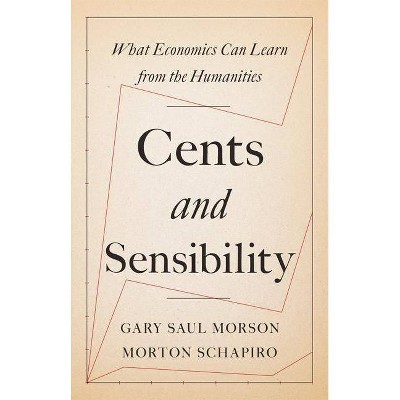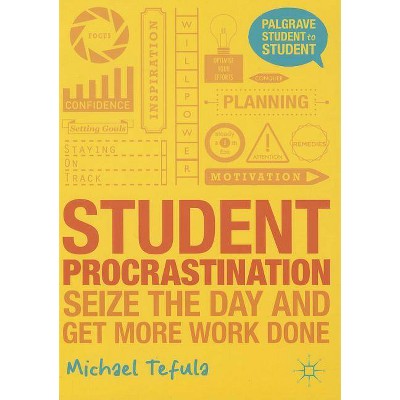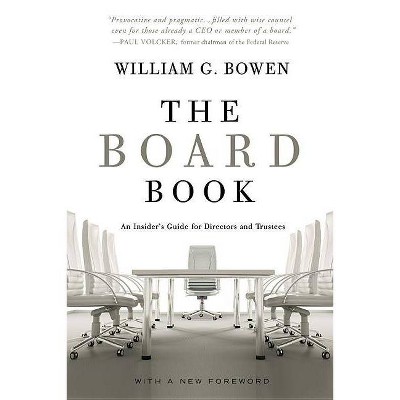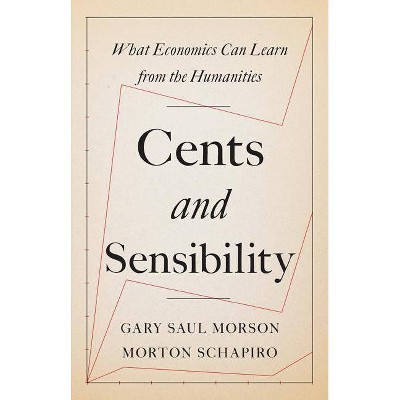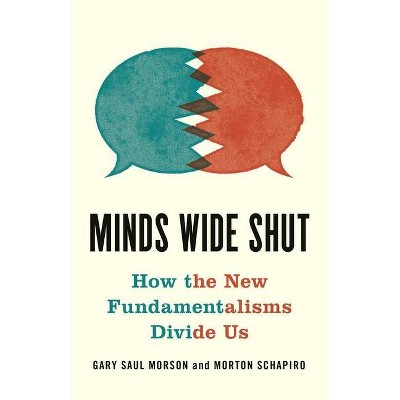The Student Aid Game - (William G. Bowen) by Michael McPherson & Morton Schapiro (Paperback)
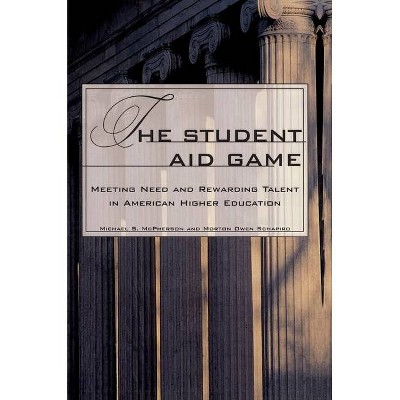
Similar Products
Products of same category from the store
AllProduct info
<p/><br></br><p><b> Book Synopsis </b></p></br></br><p>Student aid in higher education has recently become a hot-button issue. Parents trying to pay for their children's education, college administrators competing for students, and even President Bill Clinton, whose recently proposed tax breaks for college would change sharply the federal government's financial commitment to higher education, have staked a claim in its resolution. In <i>The Student Aid Game</i>, Michael McPherson and Morton Owen Schapiro explain how both colleges and governments are struggling to cope with a rapidly changing marketplace, and show how sound policies can help preserve the strengths and remedy some emerging weaknesses of American higher education.</p> <p>McPherson and Schapiro offer a detailed look at how undergraduate education is financed in the United States, highlighting differences across sectors and for students of differing family backgrounds. They review the implications of recent financing trends for access to and choice of undergraduate college and gauge the implications of these national trends for the future of college opportunity. The authors examine how student aid fits into college budgets, how aid and pricing decisions are shaped by government higher education policies, and how competition has radically reshaped the way colleges think about the strategic role of student aid. Of particular interest is the issue of merit aid. McPherson and Schapiro consider the attractions and pitfalls of merit aid from the viewpoint of students, institutions, and society.</p> <p> <i>The Student Aid Game</i> concludes with an examination of policy options for both government and individual institutions. McPherson and Schapiro argue that the federal government needs to keep its attention focused on providing access to college for needy students, while colleges themselves need to constrain their search for strategic advantage by sticking to aid and admission policies they are willing to articulate and defend publicly.</p><p/><br></br><p><b> From the Back Cover </b></p></br></br><p>"This is a wonderful book. The authors' many years of thinking about admissions and financial aid policies and their econometric research on the topic provide the foundations for a nontechnical book that addresses many of the fundamental issues facing society, federal and state government, individual institutions, and students and their families."<b>--Ronald Ehrenberg, Cornell University</b></p><p/><br></br><p><b> Review Quotes </b></p></br></br><br>Because they are primarily interested in how federal policy might more effectively open the doors to college for low-income youth, McPherson and Schapiro, like good economists, analyze the effects of financial-aid programs on the incentives of colleges and parents, and anticipate the impact of recent changes in the tax code on colleges' tuition and aid policies.-- "Harvard Magazine"<br><br>Confusion and apprehension often drive families into the arms of private counselors, who offer, for a price, to help them master the [student aid] system. They would be well advised to save their money and consult McPherson and Schapiro instead.<b>---Donald Kennedy, <i>Atlantic Monthly</i></b><br><p/><br></br><p><b> About the Author </b></p></br></br><b>Michael S. McPherson</b> is President of Macalester College. <b>Morton Owen Schapiro</b> is Dean of the College of Letters, Arts and Sciences at the University of Southern California.
Price History
Price Archive shows prices from various stores, lets you see history and find the cheapest. There is no actual sale on the website. For all support, inquiry and suggestion messages communication@pricearchive.us
